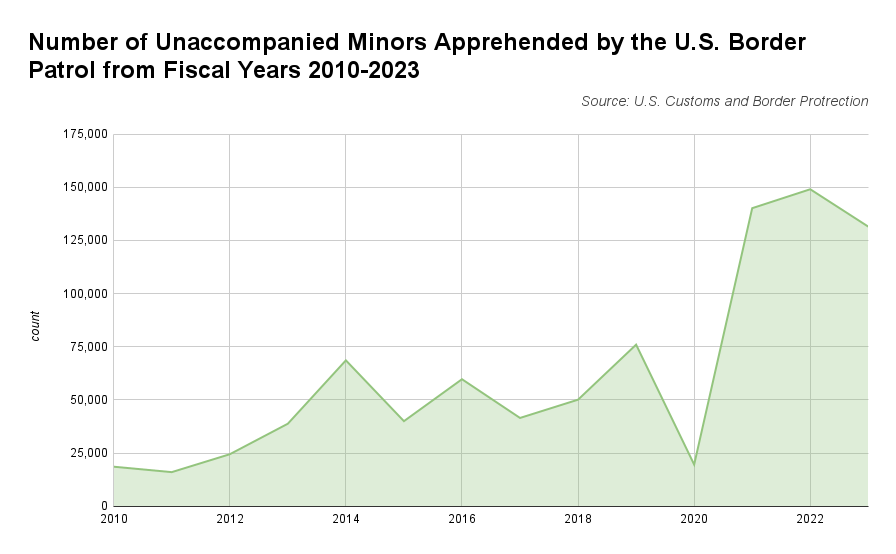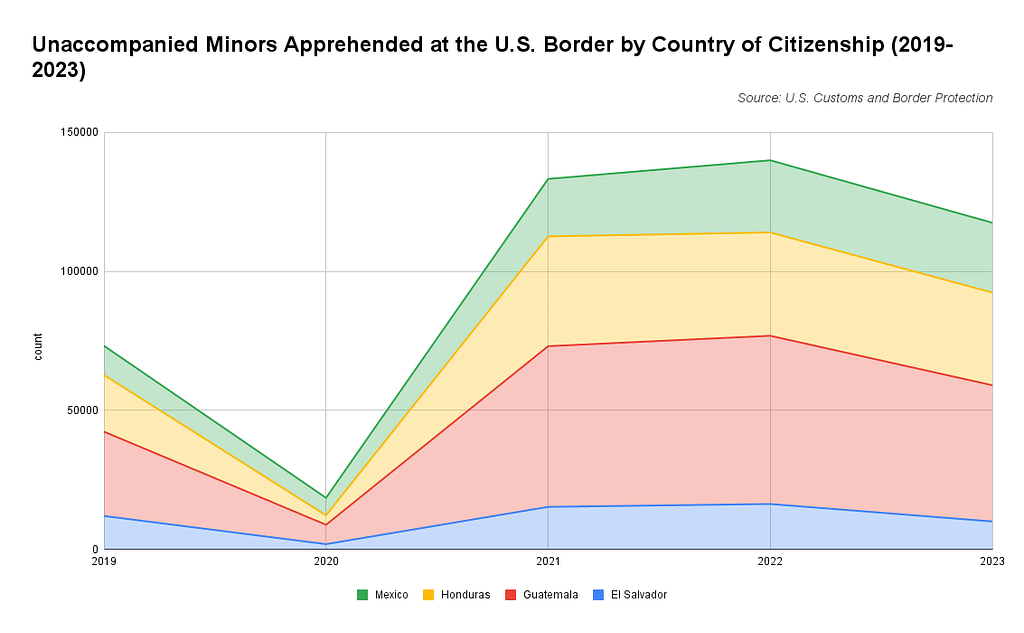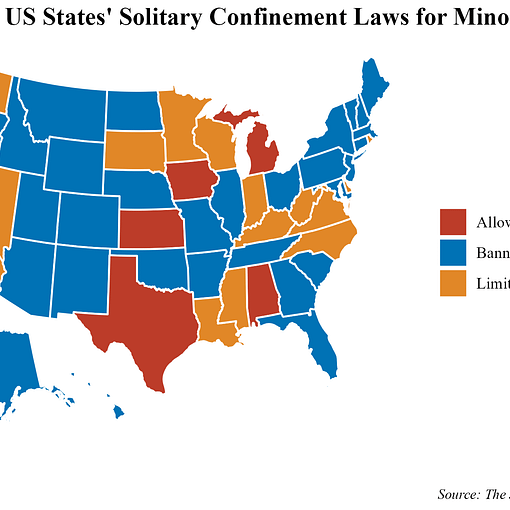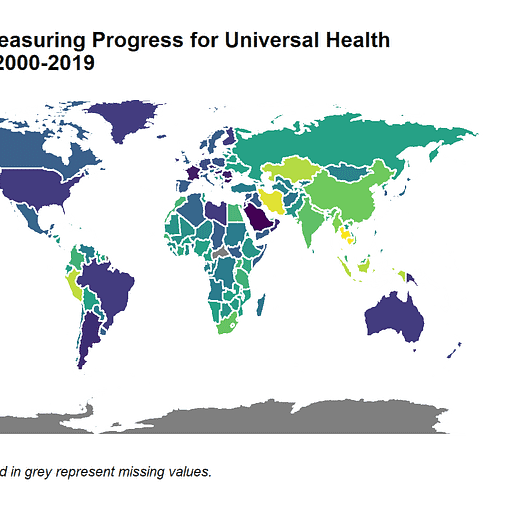The arrival of unaccompanied minors into the United States unveils a complex and urgent landscape, necessitating immediate intervention. These children, defined as those entering the country without parental or guardian accompaniment, embark on perilous journeys driven by endemic issues such as violence, poverty, and limited opportunities in their countries of origin. International bodies like the International Organization for Migration (IOM) and the United Nations Children’s Fund (UNICEF) stress the imperative of comprehensively addressing the rights and needs of these vulnerable individuals within established legal frameworks. Examining the current situation in the United States concerning unaccompanied minors reveals a stark reality: concerted efforts are essential to ensure the safety and well-being of these children.
Based on data collected by U.S. Customs and Border Protection, the following graphs illustrate the number of unaccompanied minors apprehended at the border from fiscal years 2010 to 2023.

The surge in unaccompanied adolescents arriving in the U.S. in recent years reflects broader global migration patterns propelled by environmental concerns, economic hardship, and violence in their home countries. At the southern border, the U.S. government contends with an unprecedented influx of unaccompanied children, predominantly originating from El Salvador, Guatemala, and Honduras in Central America’s Northern Triangle, as illustrated in the following graph.

Despite the strain on U.S. immigration authorities, logistical and administrative challenges often result in inadequate processing and care for these minors, falling short of international child protection standards.
The psychological ramifications for unaccompanied minors upon entering the U.S. are profound. Bereft of traditional social support systems and scarred by harrowing experiences during their journey and in their home countries, these children are highly susceptible to mental health issues like PTSD, anxiety, and depression. The initial period following their arrival is often fraught with anxiety and uncertainty as they navigate a complex immigration system and face the risk of detention.
The rights of unaccompanied migrant children to life, survival, and development are safeguarded by international law, such as the Convention on the Rights of the Child. Despite these protections, unaccompanied minors often encounter obstacles such as difficulties with detention and legal representation. Organizations like the Advocates for Human Rights provide guidance and advocacy for these children, underscoring the necessity for legal representation to safeguard their rights under international immigration and asylum laws.
While government agencies like the U.S. Department of Health & Human Services (HHS) offer unaccompanied minors housing, medical care, and educational support during the immigration process, researchers argue that the U.S. government needs to take additional steps. For instance, it could draw insights from UNICEF’s initiatives or synchronize its policies with international agreements like the Global Refugee Compact and the Global Compact for Migration.
In summary, the situation facing unaccompanied minors in the United States is intricate and daunting, requiring comprehensive intervention. While existing programs aim to assist these children upon their arrival, prioritizing their rights and needs is imperative. Through community engagement and advocacy efforts, we can ensure that unaccompanied minors receive the protection and care they deserve. Despite the discomfort associated with discussing this topic, it is undeniably a reality that demands our attention and action.
About the authors:
Gustavo Augusto Azevedo De Jesus Freire Santos is a junior, double majoring in Economics and International Relations at Drew University.
Nick Burbano is a junior, majoring in International Relations at Drew University.
Ersela Kurti is a senior majoring in International Relations and a minor in Spanish at Drew University.
Ricky Ruto Talam is a senior majoring in International Relations at Drew University.
Editor's note: This entry was written for Drew University's PSCI 333 International Human Rights course.



